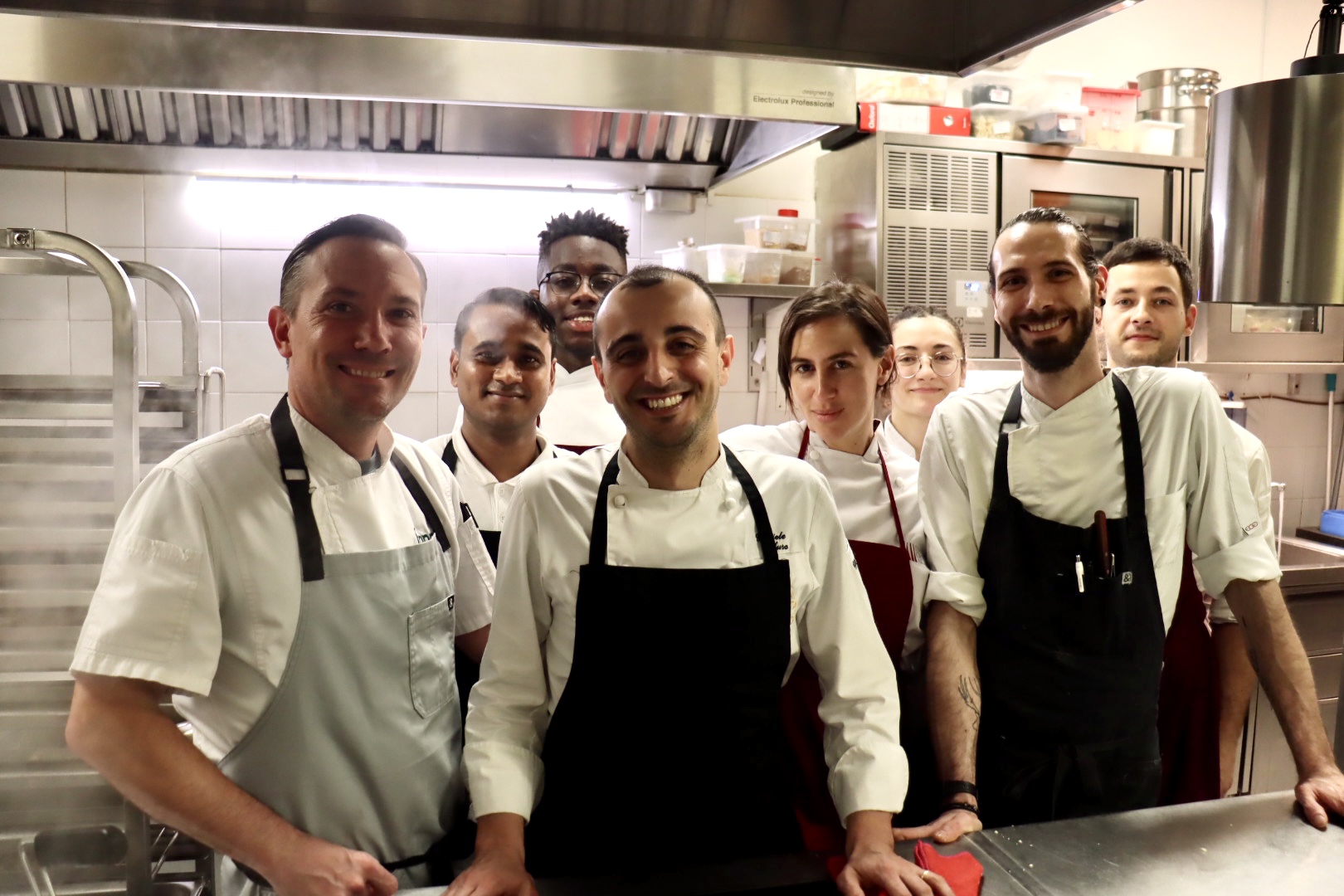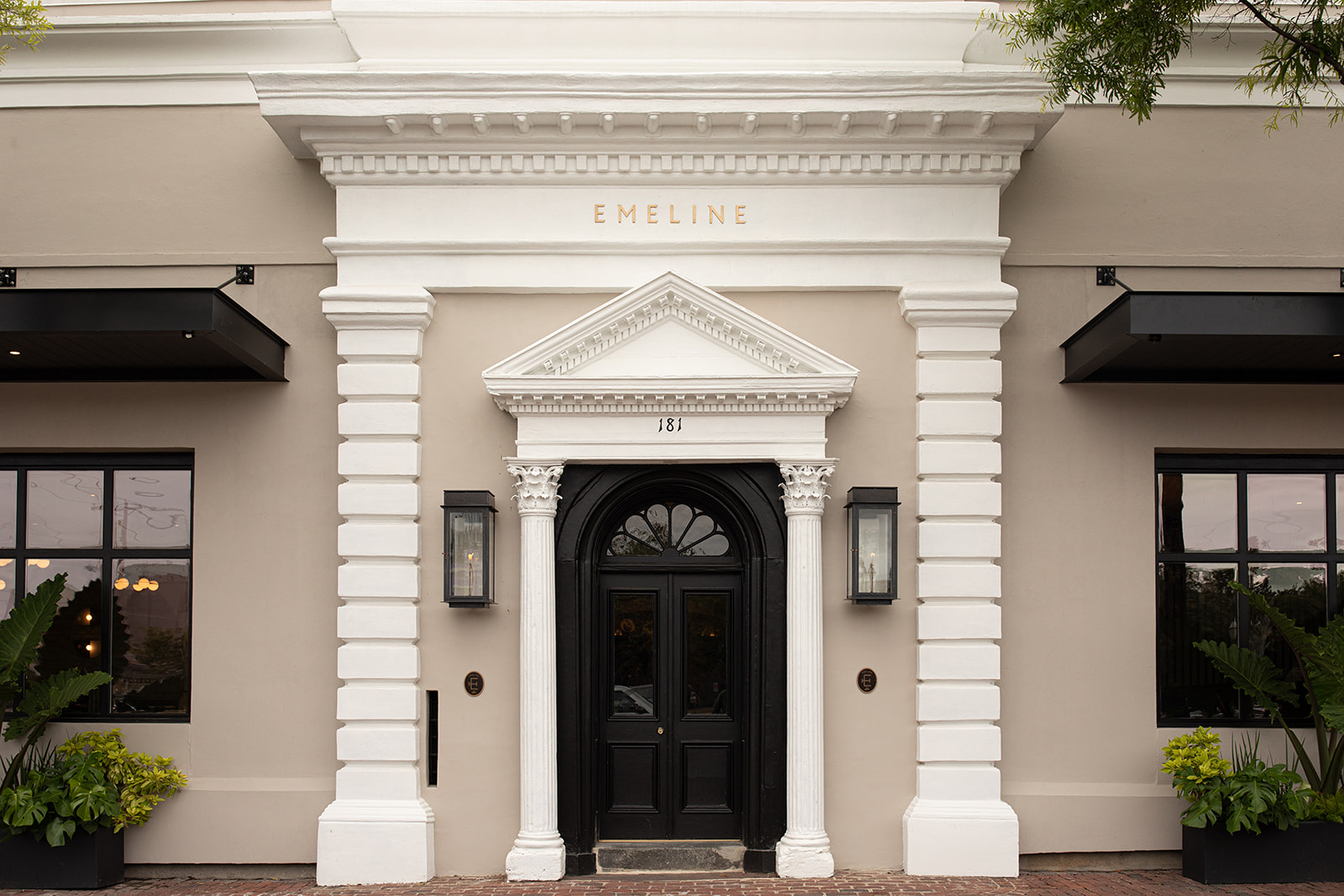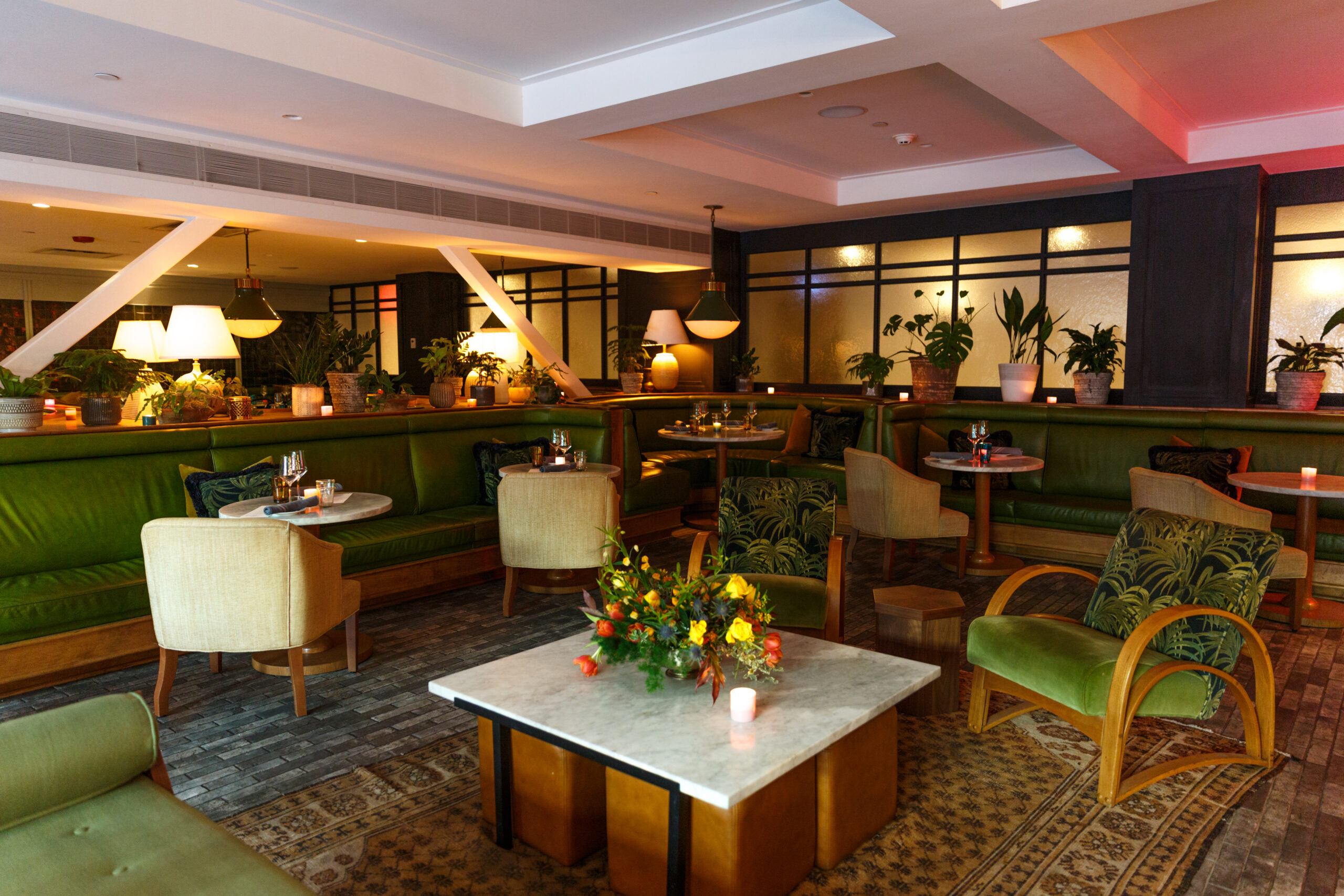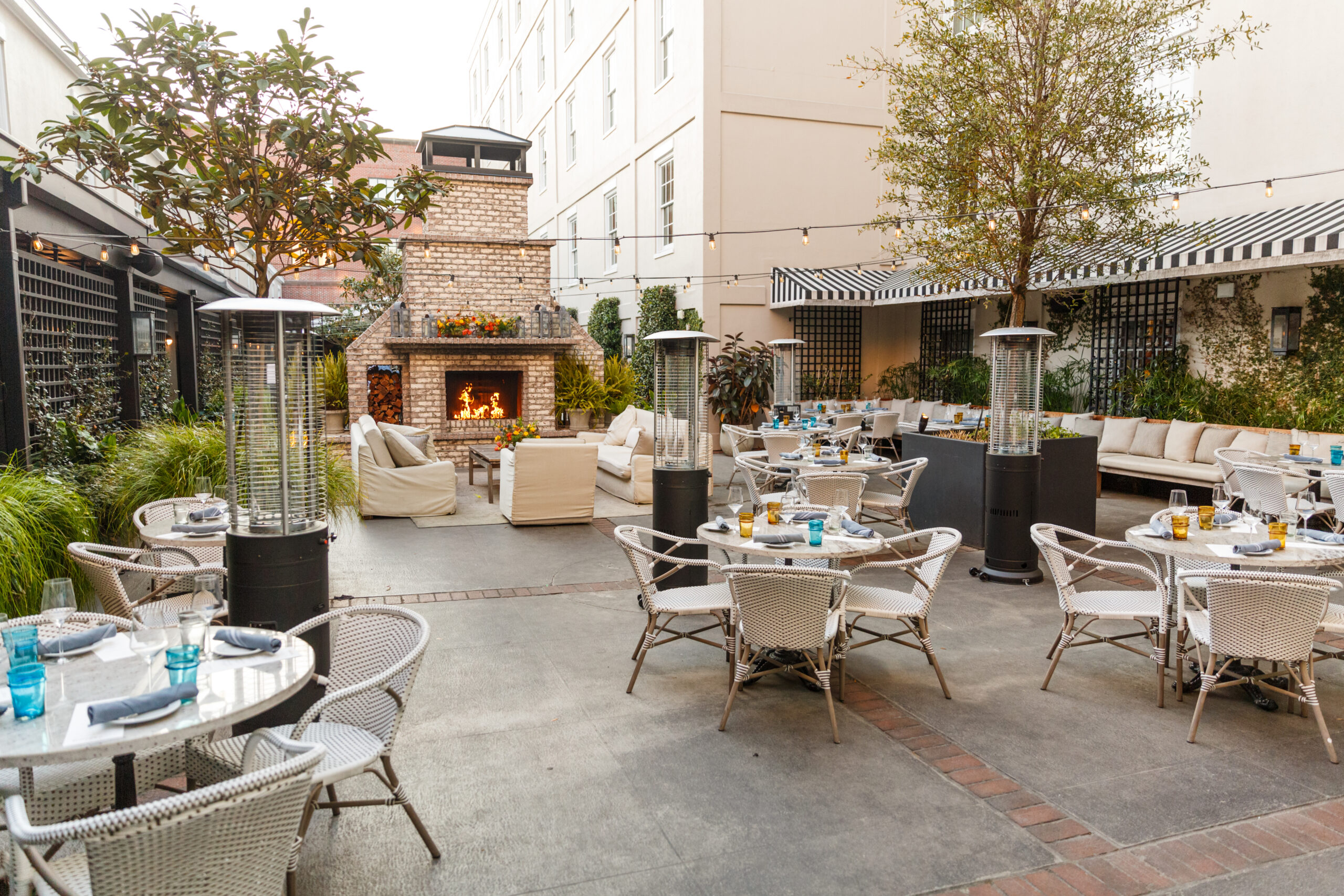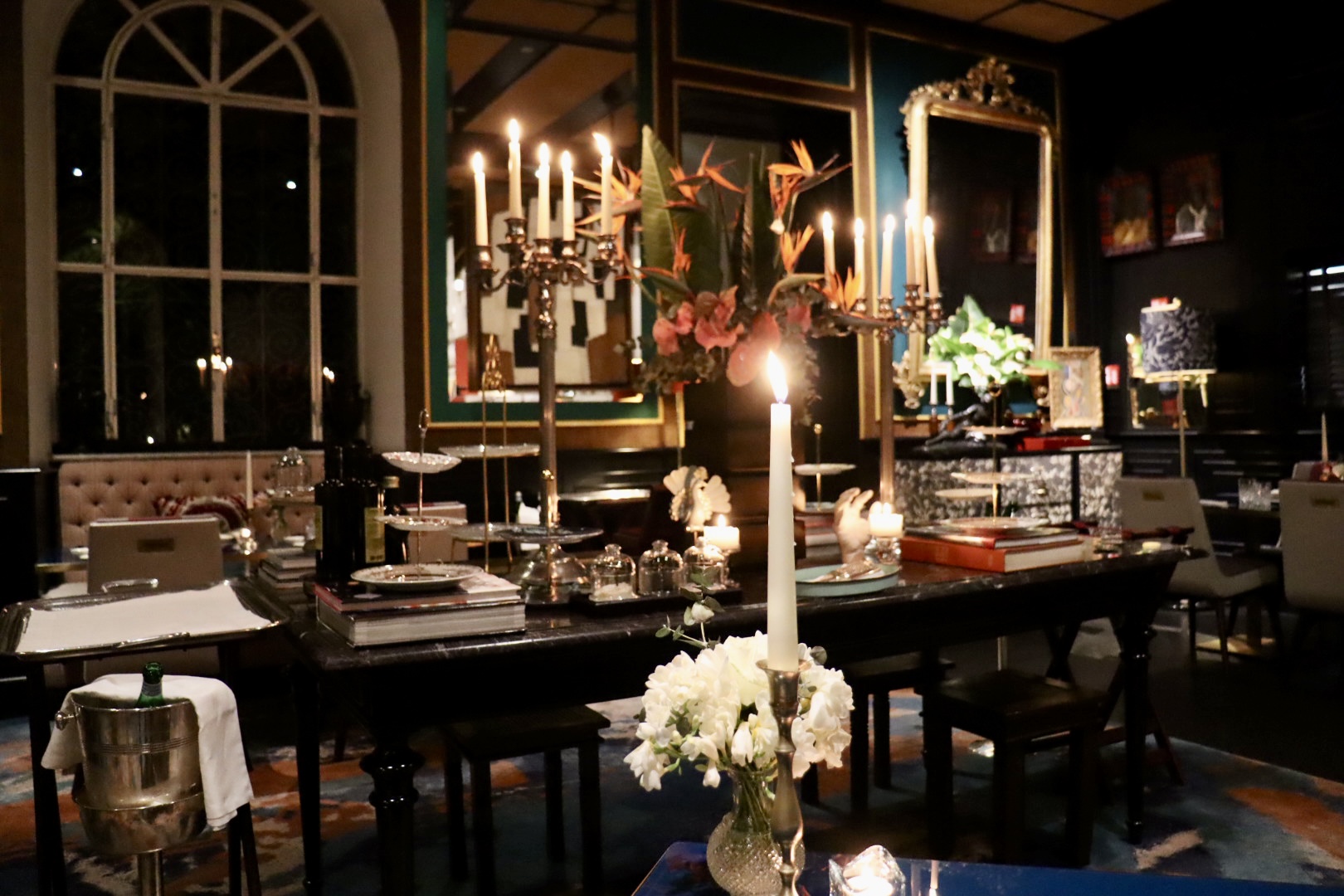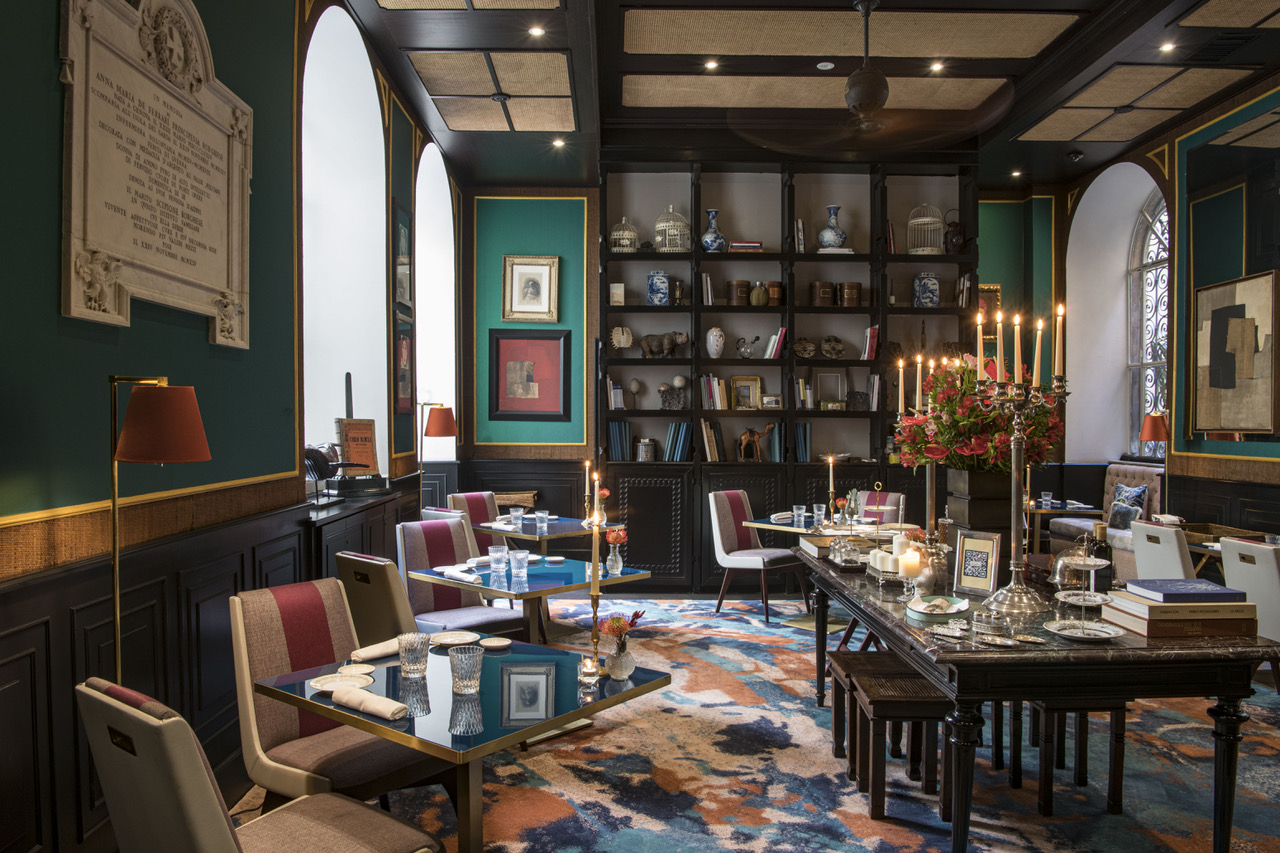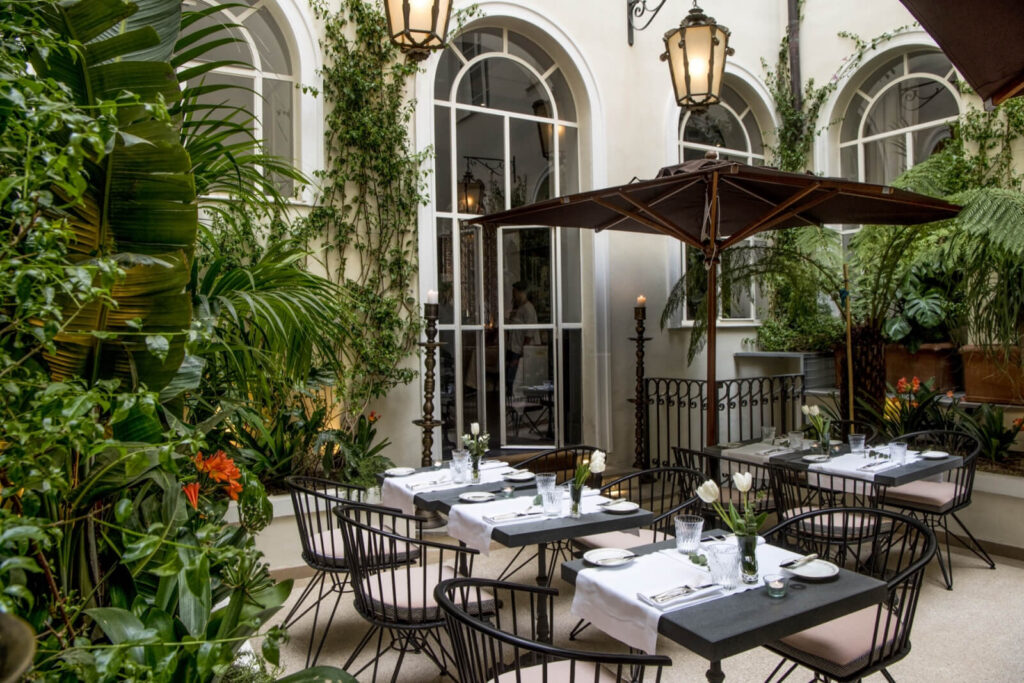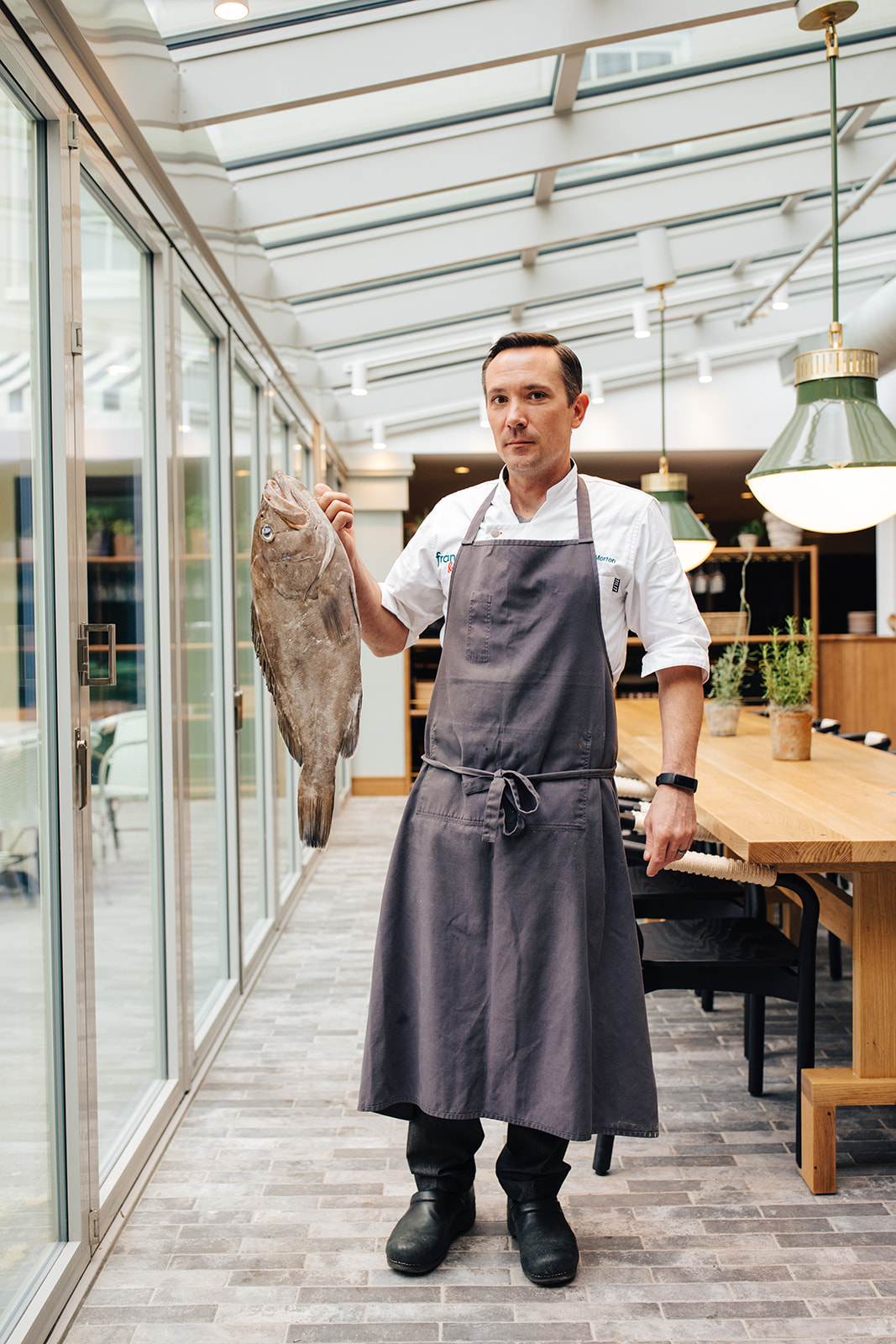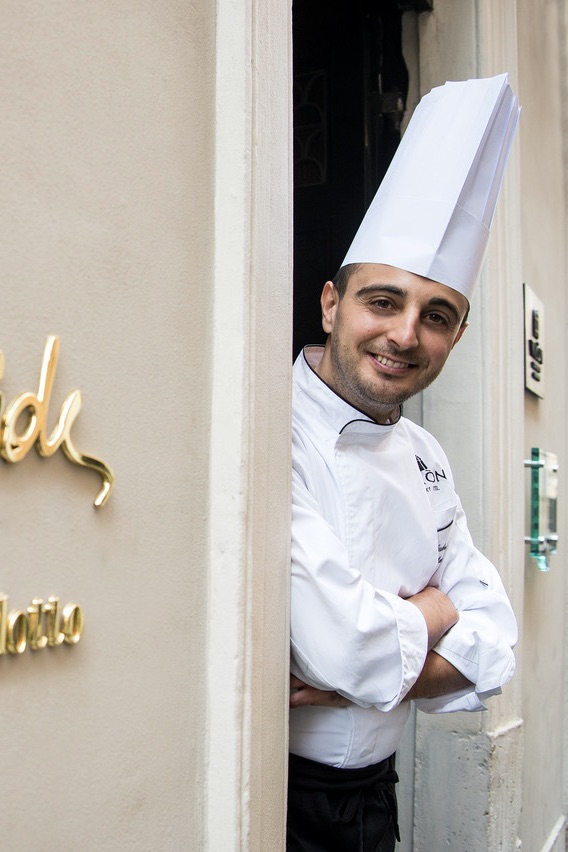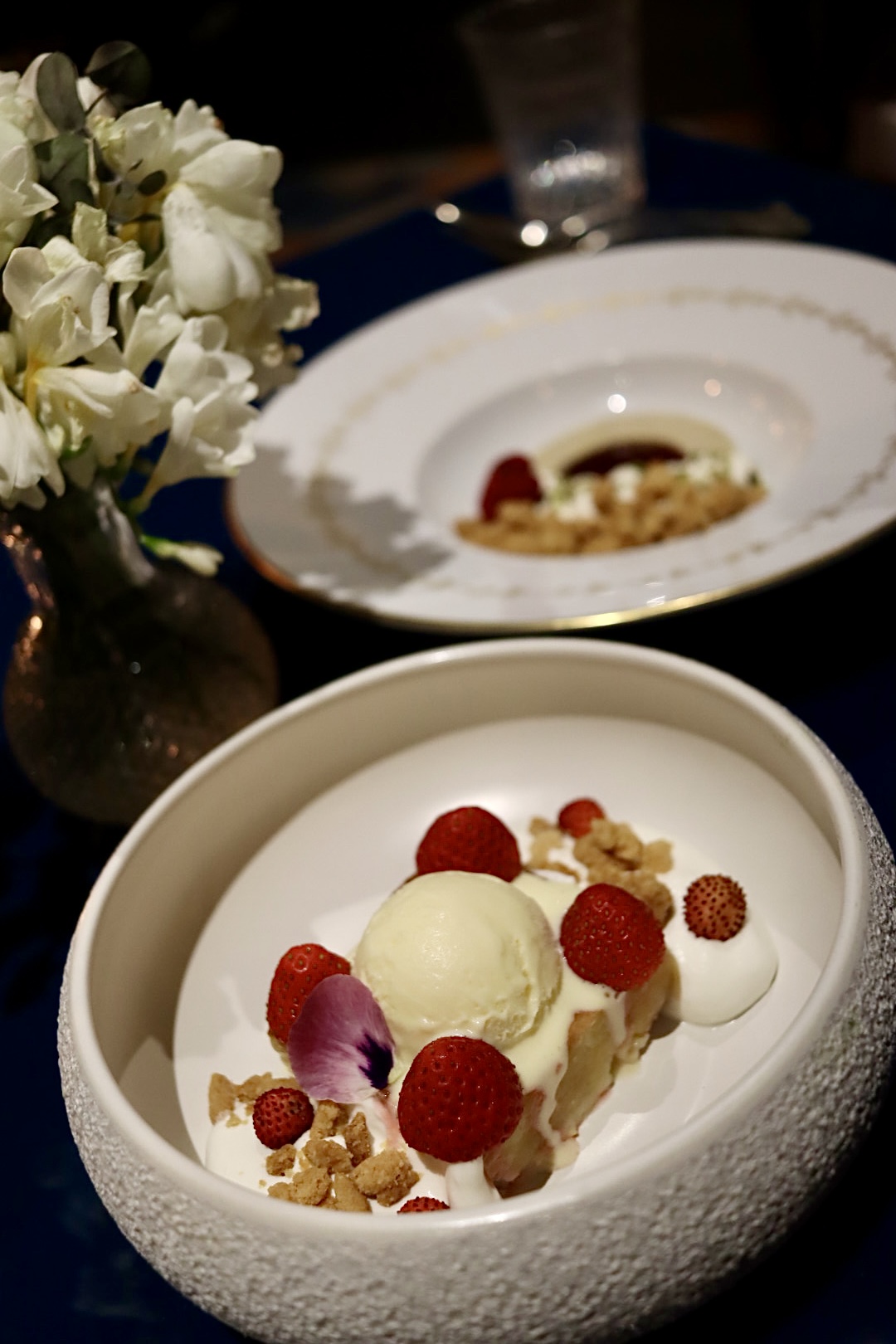From the charming grace of Charleston, South Carolina to the classic beauty of Rome, Tim Morton, Executive Chef at Frannie & The Fox, and Gabriele Muro, Executive Chef at Ristorante Adelaide have come together for a second time in a culinary event that connects the two cities – locations both known for their incredible cuisine and a food culture that is as deeply rooted in the story of the land as it is in a desire to create dishes that are inspired and innovative.
During the latest exchange held in Rome, Cucine d’Italia had the opportunity to get to know a bit more about the two chefs and their influences, philosophies, and cooking styles, as well as their thoughts on what it’s like to step into a kitchen in another part of the world.
Interview with Tim Morton and Gabriele Muro
Cucine d’Italia: What is your cooking philosophy and how has it evolved over the years?
Tim Morton: It’s about cooking seasonally and taking advantage of regional and local products as much as possible. As I’ve grown older, I see the beauty in simplicity more and more.
Gabriele Muro: For me, it’s a clean, light, colorful, and tasty cuisine in which each ingredient becomes the protagonist.
Cucine d’Italia: What motivated you to become a chef? Does this still influence your cooking today?
Tim Morton: In the beginning, it was all about the fun – the excitement and intensity of the dinner rush and the camaraderie with the team. It still is that – not many professions include a daily adrenaline rush. It has also evolved into more professional leadership. Training the next generation and creating the opportunities for my team that were given to me as a young cook.
Gabriele Muro: It was a love for food. I love to eat and I love to cook. It is first a passion and then a job.
Cucine d’Italia: Did you have any key mentors during your training or early in your career?
Tim Morton: Yes, I was very fortunate to have a few great mentors in my career, most notably Chef Scott Crawford. I met him as an apprentice and worked for him on and off for over ten years as I rose from apprentice to executive sous chef for him. He also introduced me to the career opportunities that followed my time with him. He taught me not only exacting culinary skills but also showed me how to be a professional and a leader, as well as that cooking can open doors I didn’t know possible.
Gabriele Muro: Every chef I have met in my career has left me with something important.
Cucine d’Italia: What style of cooking most closely resonates with you?
Tim Morton: Italian – I’ve cooked a variety of cuisines throughout my career, but I’ve always made my way back to Italian.
Gabriele Muro: It’s contemporary Mediterranean.
Cucine d’Italia: What particularly attracts you to Italian/American cuisine and how is that reflected in your menus?
Tim Morton: Italian cuisine to me is very pure – the best ingredients are treated simply to let them shine. We serve Italian cuisine in our restaurant but also highlight the products and farms of South Carolina.
Gabriele Muro: I love sauces, bbq cooking, and marinating meats.
Cucine d’Italia: What does it mean to cook with an “Italian sensibility”?
Tim Morton: Italian sensibility means cooking with what grows and is produced around you, treating ingredients with the respect they deserve, and not overcomplicating the dish, letting the product shine. In Charleston, we have an abundance of grits and we cook them in the style of polenta – respecting the product and the technique.
Gabriele Muro: Respecting the raw materials that our territory gives us.
Cucine d’Italia: What are the major similarities and differences between running a kitchen and creating a menu in Italy and the United States?
Tim Morton: Working in Chef Gabriele’s kitchen was my greatest experience in Rome. There were small differences in measurements and cooking utensils, but the longer I was in the Vilòn kitchen the more I could see that the art of cooking, the push of service, leading a team, and working together to reach our goals are universal.
Gabriele Muro: The way of running a kitchen is the same all over the world. Menus are dictated by the area’s culture and the chef’s personality.
Cucine d’Italia: In coming to another country how do you think the cultural expectations influence the cuisine of the country of origin?
Tim Morton: We did take that into account but decided that Vilòn was asking for an authentic experience, so we cooked as we would in Charleston. Biscuits were the one thing that seemed most confusing, but explaining them and watching guests eat them was the best part.
Gabriele Muro: I don’t think it does in any way.
Cucine d’Italia: What do you find special or unique about the hospitality of Charleston and Rome?
Tim Morton: I find them very similar in that they are both fantastic restaurant cities with hospitality at the core of what the city is known for. We are both lucky to live in places that put culinary traditions in such high regard.
Gabriele Muro: I love the informality of Americans, and how friendly they are. In Italy, we are very welcoming and I personally organized a food tour for our American friends.
Cucine d’Italia: Chef Morton, what do you love most about living in South Carolina, what suggestions would you give Italian tourists visiting the area, and what culinary and nonculinary experiences would you recommend?
Tim Morton: The food and the beach! You have to visit the beach, and spending a whole day walking the historic district is a must. There is so much history intertwined with great restaurants. Charleston has a wide variety of restaurant concepts; I would recommend seeking out the local cooking as well as other great restaurants in your favorite cuisine.
Cucine d’Italia: Chef Muro, you are originally from Procida, what do you love most about Campania, what suggestions would you give to American tourists visiting your island, and what culinary and nonculinary experiences would you recommend?
Gabriele Muro: The colors and scents of Procida and Campania, I always take them with me. Those visiting should indulge and get lost in the island’s alleys, visit the gardens and admire the various belvederes. Taste the lemon salad, a typical dish of the island, and have lingue di Procida for breakfast, a dessert made of puff pastry and cream.
Cucine d’Italia: Two dishes that are truly representative of who Tim Morton is and what makes him unique.
Tim Morton: At Frannie & The Fox, we pull fresh mozzarella every day. We serve that with Benton’s Country ham, giardiniera, and house bread. I really like to take classic dishes and introduce local/regional products (Benton’s country ham in place of prosciutto).
We serve marinated olives in our restaurant – it is a simple dish but has in addition to olives- Runner beans, fennel, fennel pollen, orange zest, and fried rosemary. It’s a blend of experiences I’ve had dining and flavors and techniques from my mentors.
Cucine d’Italia: Two dishes that are truly representative of who Gabriele Muro is and what makes him unique.
Gabriele Muro: The vizietto is a signature of mine; the sandwich made with fish, escarole, and harissa is one of those dishes I simply can’t take off the menu.
The ajo ojo and baccala. It combines simplicity with an intense, penetrating flavor. A simple, poor dish, deliciously tempting with cod and toasted bread crumbs, it is one of those recipes that, if executed properly, can be served in any restaurant, from a trattoria to a five-star location. It unites everyone.
Hotel Emeline Frannie & The Fox
Hotel Vilòn Ristorante Adelaide
Article by Liana Bicchieri
